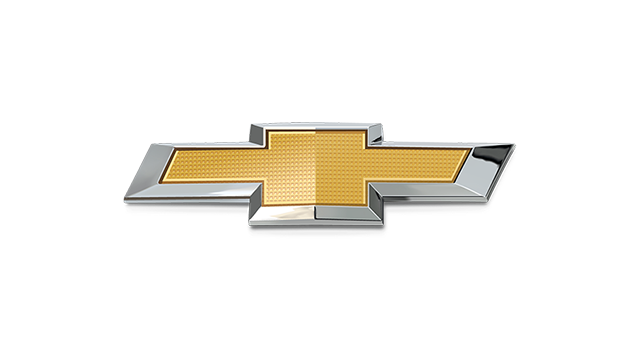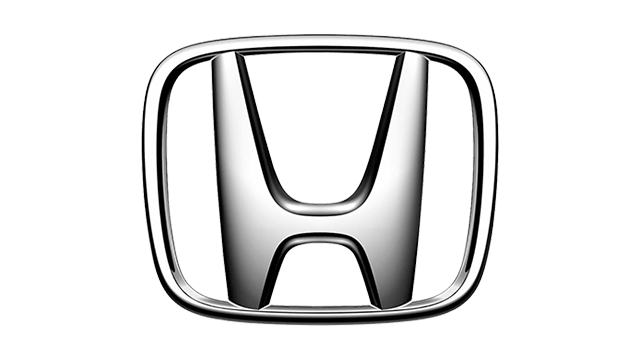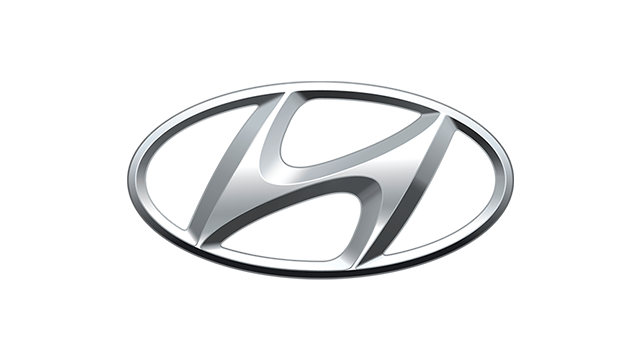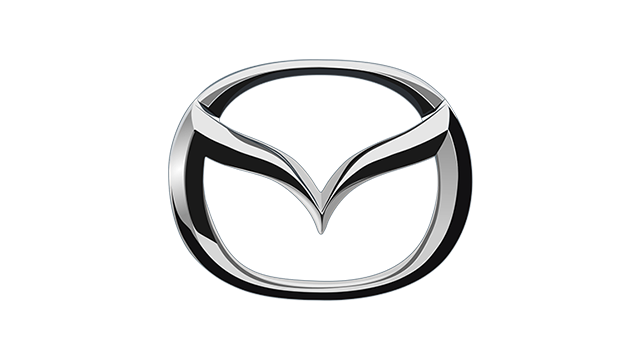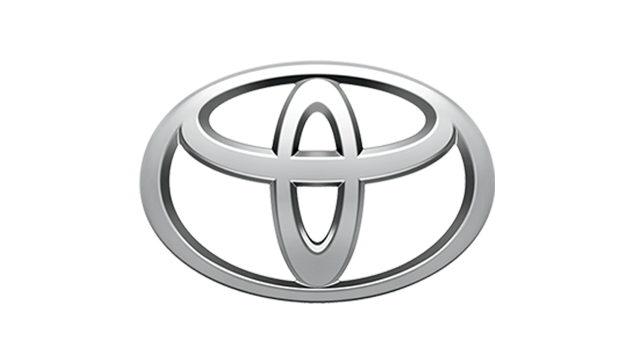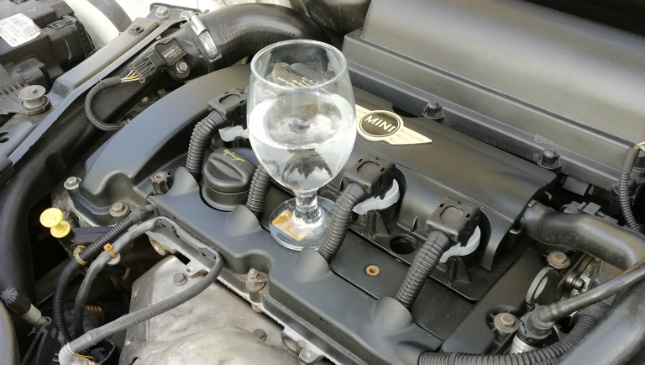
Engine vibration can be rather annoying, but there are ways to make your powertrain feel new and running smoothly again regardless of its age. The first step in addressing excessive engine vibration is to determine the cause. Once the cause is determined, we’ll go into the process on how to minimize it. Here are the common causes of this problem:
1) Weak spark
A weak spark can be caused by a failing or fouled spark plug, bad ignition cables, or worn coils. A weak spark in one or more of your cylinders can cause a misfire. That misfire will then cause the engine to run roughly because the cylinders will be firing unevenly. This is one of the simplest causes of excessive engine vibration. You will have to go down the line of the engine’s ignition system to determine where the fault is. The spark plugs need to be checked if they’re worn and need replacement, or if they need to be cleaned and gapped.
The ignition cables need to be checked with a multimeter to see if the wire’s resistance is within specifications. The ignition coils also will need to be checked to see if their resistance is within the specifications as prescribed by the manufacturer. You can minimize excessive engine vibration from a weak spark by having your car tuned up regularly based on the manufacturer’s recommendation, and checking the aforementioned points in the ignition system.
2) Clogged injectors
Injectors deliver fuel into the engine by spraying fuel through a port into the combustion chamber. When the spray is impeded by dirt in the system, it could cause a misfire and this will cause the cylinders to fire unevenly resulting in excessive engine vibration. A bad injector can be checked by swapping out injectors with other cylinders to see if the misfire switches accordingly. You can minimize or prevent this by having your fuel filter changed regularly in accordance with the manufacturer's recommended service interval.
3) Worn engine mounts
Engine mounts bolt the engine to the car’s chassis/frame. They are also designed to minimize the engine vibration that's being transmitted into the car. When engine mounts wear out, it is usually the rubber or liquid parts in it that have worn and one of the symptoms is increased vibration in your car. You can have this checked by putting the car up on a lift and checking the engine mounts for play. You can avoid this by having your engine mounts checked when you feel an increase in the engine’s vibration coming through to your points of contact with the car, i.e. seat of the pants, steering wheel, and your shift knob.
4) Exhaust system leak
A car’s exhaust system quells the sound made by the igniting fuel inside the cylinders. Each ignition is akin to an explosion, and in an internal combustion engine several of these explosions happen in succession while the engine is in operation. The mufflers in the exhaust system are responsible for quieting down the explosions from the ignited fuel.
Now, if the pipes or mufflers are worn or have holes in them, they won’t be able to do their job and more noise will be heard from your engine. Noise from a worn exhaust system can cause vibration to resonate from your engine and exhaust system into your car. To minimize this, it would be best to check your car’s exhaust system for leaks in the pipes and mufflers, or rattles in the mufflers when you have it up on the lift for servicing.
This is by no means a complete and exhaustive list of causes for excessive engine vibration. But should you experience those horrid shakes, the items we mentioned are the best place to start looking.

